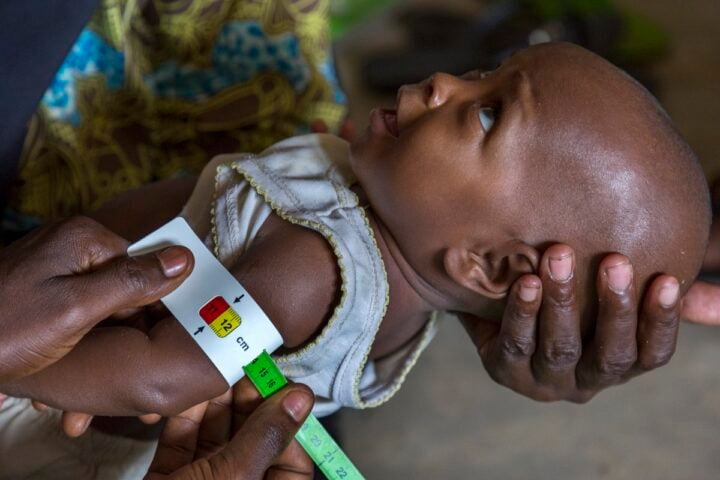BY NIKE SULYMAN-GIDADO
For generations, Nigerian parenting has been grounded in the belief that discipline is best achieved through firm correction, often with the cane or harsh words. The age-old adage, “spare the rod and spoil the child,” continues to guide many households, rural and urban alike, under the assumption that strictness builds character and ensures obedience.
Rooted in religious doctrine and reinforced by cultural tradition, corporal punishment is widely regarded not as abuse, but as an act of love. In many homes, the cane is seen as a necessary tool for curbing bad behaviour, instilling fear as a means to secure respect. Biblical and Quranic justifications are often cited, and elders routinely remind younger parents that they were raised under stricter circumstances—and “turned out fine.” But times are changing. Nigeria today faces a critical dilemma in child-rearing: are we raising emotionally sound individuals, or simply fearful children? Are we correcting or harming? Are we guiding or merely controlling?
While physical discipline may achieve temporary compliance, its long-term psychological effects are often overlooked. Studies have shown that repeated spanking or emotional scolding can lead to anxiety, low self-worth, antisocial tendencies, and in some cases, violent behaviour. Experts in child psychology argue that children who are punished harshly may not internalise the lessons being taught, but instead act out in rebellion or fear.
Advertisement
Dr. Tolu Adebayo, a child psychologist based in Lagos, notes: “Many adults today carry childhood wounds that were never addressed. Discipline, when not balanced with love and communication, becomes a form of emotional injury. The scars may be invisible, but they shape future behaviour.”
In many cases, what is intended as correction leaves a child with confusion, anger, or silence. Discipline must do more than suppress—it must teach. And for that to happen, the method must evolve.
Cultural values and religious teachings undoubtedly play an important role in parenting. However, misinterpretations have often led to an overemphasis on punitive discipline at the expense of emotional nurturing. In some families, love is equated with hardship; affection is withheld to avoid “spoiling the child,” and harshness is praised as strength.
Advertisement
Islamic principles, while upholding discipline, also stress compassion, mercy, and reasoning. The Prophet Muhammad (SAW) was known for his patience with children and never raised his hand against them. Similarly, Christianity calls for parents not to provoke their children to anger, but to bring them up in love and understanding. When these religious values are rightly applied, they promote a holistic approach to parenting—one that balances correction with care.
As more Nigerian families gain exposure to global parenting practices through education, media, and migration, new methods of discipline are gradually being embraced. Techniques such as structured conversations, loss of privileges, behaviour charts, and time-outs are being used in some households to encourage responsible behaviour without physical punishment. Still, this change remains limited to a fraction of the population. In public schools, boarding houses, and even religious institutions, flogging remains the default approach. The schoolteacher’s cane, in many places, still rules with unquestioned authority.
What is often lacking is awareness: that positive discipline is not the absence of boundaries, but the redefinition of how those boundaries are set and enforced. A child raised in fear may comply, but a child raised with mutual respect will understand, remember, and grow. The answer is not to discard our cultural values, but to modernise them.
Discipline must remain a pillar of parenting, but one that educates, not humiliates; that moulds, not mutilates. Government agencies, traditional rulers, religious leaders, educators, and civil society must come together to promote responsible parenting. National campaigns, public sensitisation, and integration of child development principles into teacher training and parental education are long overdue.
Advertisement
If Nigeria must raise leaders of character, we must start by redefining discipline at home. We need to shift from reactive punishment to proactive guidance. The rod alone cannot build character, but a caring, present, and principled parent can.
The question facing Nigeria today is no longer whether to discipline, but how. Spanking, speaking, or spoiling—each has its place in our parenting history. But only a balanced, thoughtful approach will prepare our children for a world that requires not just obedience, but emotional strength, reason, and empathy.
Discipline should never be the enemy of love. On the contrary, true discipline is born from love—it teaches, it corrects, and it heals.
Dr. Nike Sulyman-Gidado writes from the Kwara State College of Education, Oro. She can be contacted via [email protected]
Advertisement
Views expressed by contributors are strictly personal and not of TheCable.











